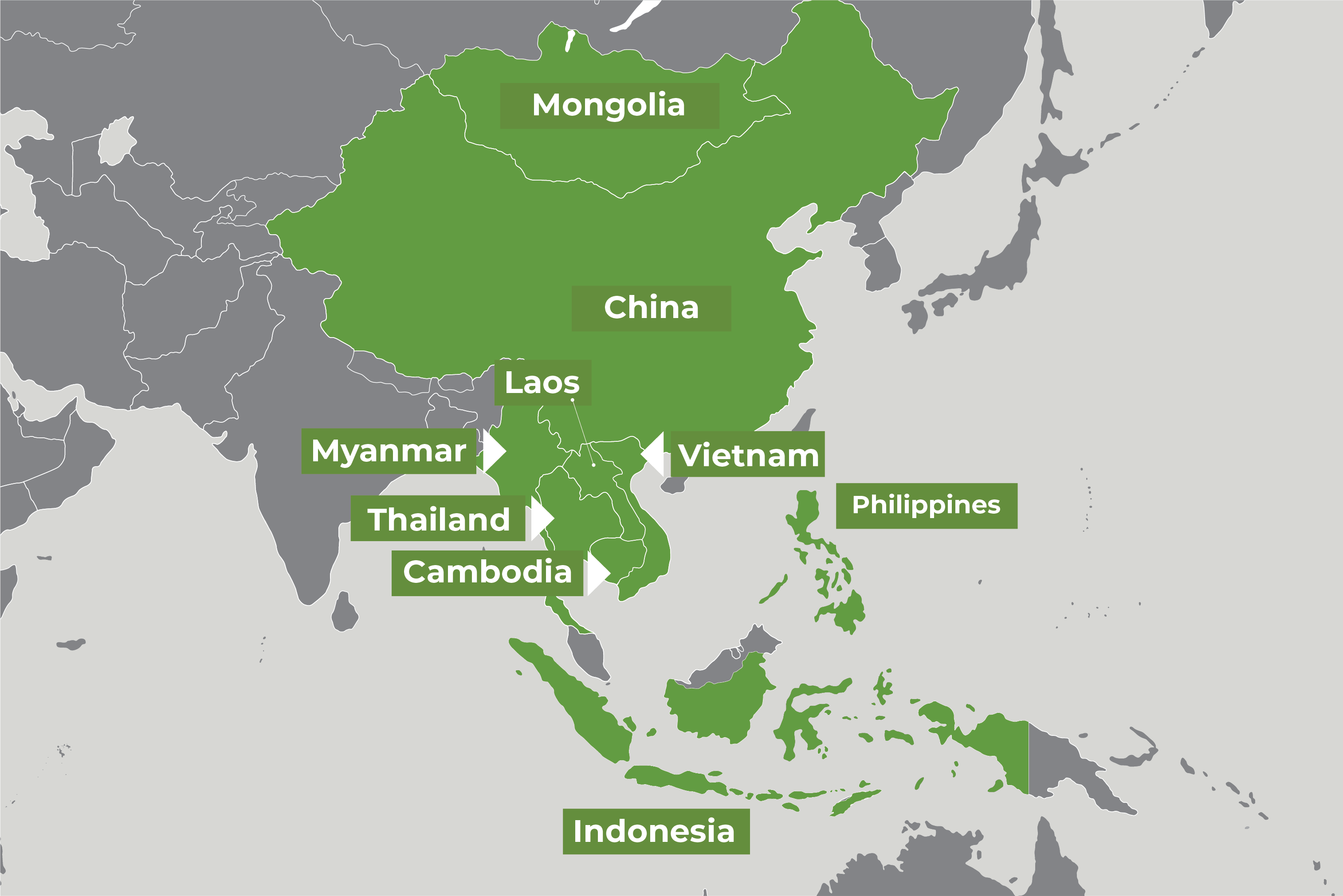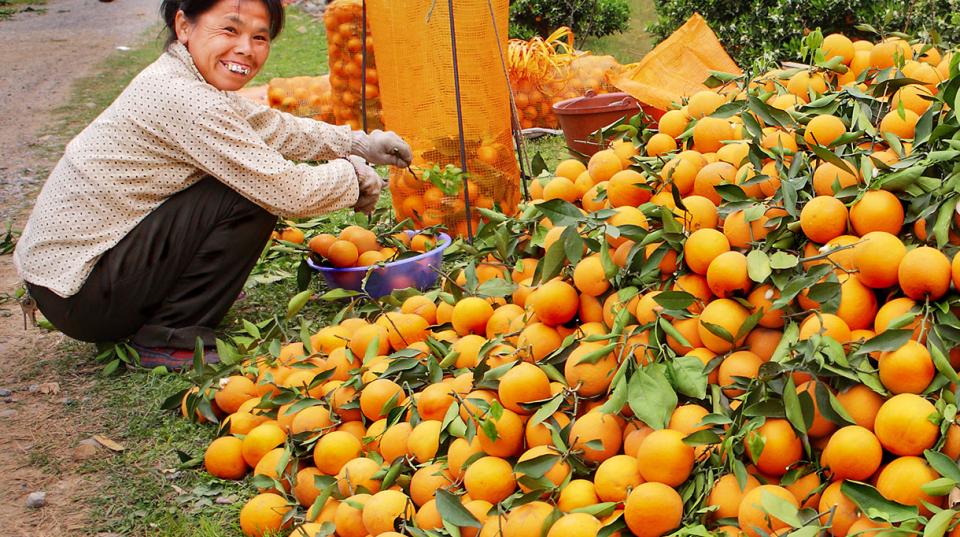Overview
This project aims to leverage global knowledge and investigate effective and efficient options to manage citrus Huanglongbing to increase the capacity of smallholder citrus growers in Indonesia and China to manage the citrus disease and, enhance the preparedness of the Australian citrus industry for future incursions of this disease.
Huanglongbing (HLB), or citrus greening, is a destructive disease of citrus associated with the phloem-limited Liberibacter bacteria. Huanglongbing is caused by ‘Candidatus Liberibacter asiaticus’ (CLas) and is spread mainly by the Asian citrus psyllid (Diaphorina citri) and infected propagation material.
Indonesia produces around 1.5 million tonnes of citrus over approximately 70,000 ha. Citrus is a fruit with high economic value in Indonesia. Between 1960 and 1970, three million Huanglongbing-infected citrus trees were destroyed in Indonesia. Production was reduced from 21 tonnes/ha to approximately 10 tonnes/ha, significantly denting the citrus industry in Indonesia.
Australia produces around 700,000 tonnes of citrus over 28,000 hectares. The total production value in 2017/18 was approximately $829 million, making citrus Australia’s second most valuable horticultural crop after almonds. Huanglongbing and its psyllid vectors are currently absent from Australia and are considered the biggest biosecurity threat to Australia’s citrus production. Preventing exotic pests and diseases from entering Australia and developing preparedness for future incursions is a priority for the industry.
In this project, we will leverage international expertise to tackle the deficiencies in current Huanglongbing management practices by conducting a trilateral project with partners from Australia, Indonesia and China to enhance the sustainable management of Huanglongbing/Asian citrus psyllid in Indonesia and increase the preparedness of the Australian citrus industry for an incursion of Huanglongbing/Asian citrus psyllid.
Outcomes
- Understand smallholder farmers’ current HLB/ACP management practices and attitudes towards HLB in their orchard
- Determine the agronomic performance, disease tolerance and commercial applicability of HLB-tolerant rootstocks in Indonesia and Australia
- Determine the agronomic performance of high-density plantings in Indonesia
- Validate reported ACP repellents
- Determine best intercropping models for HLB management in Indonesia
- Determine best traps for ACP surveillance in Australia
- Improve citrus growers’ understanding of HLB management principles and techniques in Indonesia and Australia.





